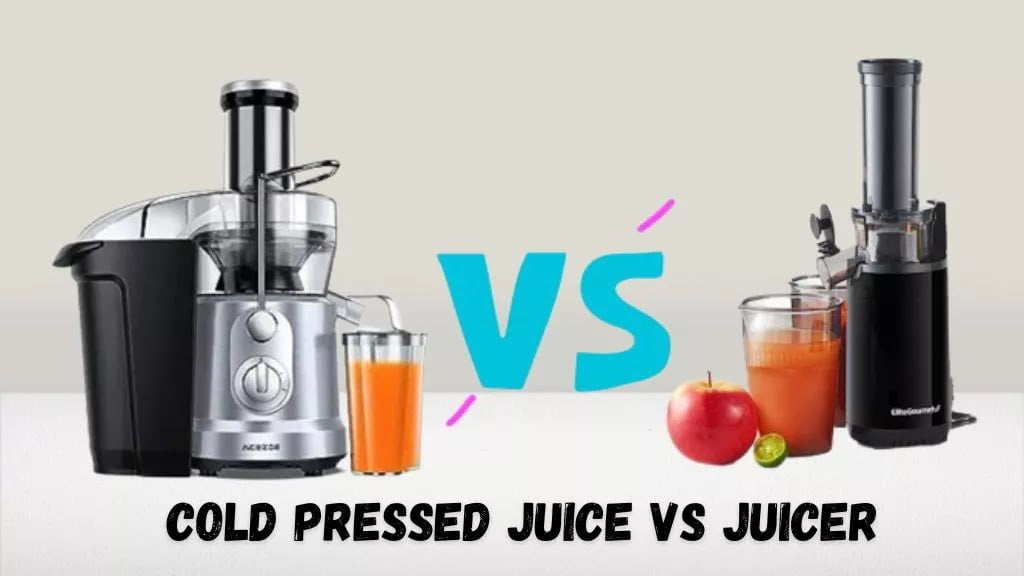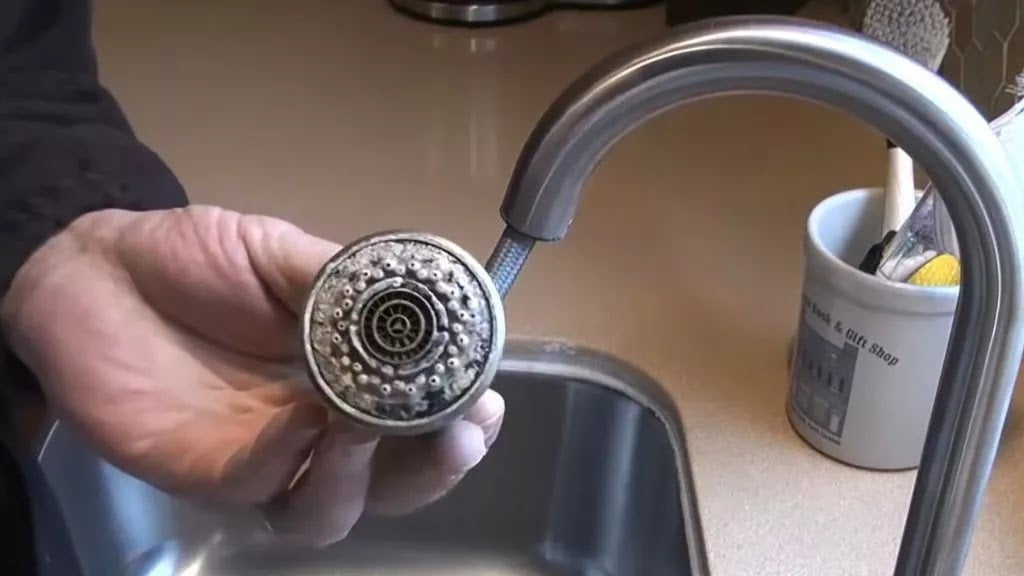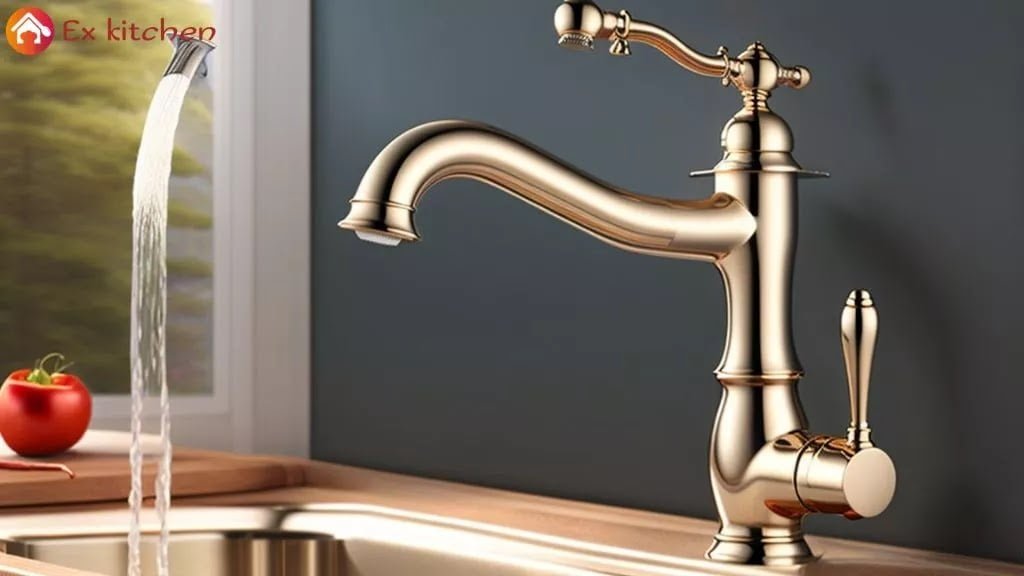
We may earn money or products from the companies mentioned in this post.
You’ve probably noticed cold-pressed juice and juicers popping up everywhere lately. Everyone seems to be jumping on the juice bandwagon these days to get their daily dose of fruits and veggies. But what exactly is the difference between cold-pressed juice and using your juicer at home? As it turns out, there are some key differences between these two options that you should know about before you shell out your hard-earned cash. In this article, we’ll break down the pros and cons of cold-pressed juice versus juicers so you can determine which method is right for you and your health goals. Get ready to become a juice aficionado!
What Is cold-pressed juice?
Cold-pressed juice is made using high pressure to extract juice from fruits and vegetables. The produce is first washed, then ground up and pressed to squeeze out the juice. Because it’s made without heat, cold-pressed juice retains more nutrients than regular juice.
Nutrient Dense
Cold-pressed juice is raw, unpasteurized, and packed with vitamins, minerals, and enzymes. Since the juice isn’t exposed to heat during processing, the nutrients aren’t damaged or depleted. Cold-pressed juice contains antioxidants like vitamin C, vitamin E, and carotenoids, which help fight free radicals in your body. The juices are also high in potassium, magnesium, and iron.
Natural and Unfiltered
Cold-pressed juice contains the pulp and fiber of fruits and vegetables. This means you’re getting natural fiber, antioxidants, and phytochemicals that provide nutritional benefits. The pulp also gives cold-pressed juice a thicker, cloudier appearance. While the pulp may be off-putting to some, it contributes beneficial fiber that aids digestion.
Expense and Convenience
On the downside, cold-pressed juice tends to be more expensive than regular juice. It also has a shorter shelf life of only 2 to 3 days, so you’ll have to drink it quickly before nutrients start degrading. Cold-pressed juice also requires more produce to make a single bottle of juice, so a lot of fruits and veggies are needed.
If you’re looking for an easy way to add more whole foods to your diet, cold-pressed juice can be a nutritious option. Despite the higher cost and shorter shelf life, cold-pressed juice contains more vitamins, minerals, and beneficial plant compounds than regular juice. For the ultimate health benefits, choose juices with a variety of colorful fruits and vegetables like beets, kale, spinach, and berries. Your body will thank you!
What Is a Juicer?
A juicer is a machine that extracts juice from fruits and vegetables. It works by grinding up produce and then straining out the pulp, leaving behind only the liquid juice. There are several types of juicers available.
Centrifugal juicers are the most common and affordable. They use a spinning blade to grind the produce into a pulp, then spin it at high speed to separate the juice. Centrifugal juicers can juice most fruits and veggies, but they don’t usually extract as much juice, and some nutrients can be lost due to the heat generated.
Masticating, or “cold press,” juicers slowly crush the produce to squeeze out the juice. They operate at lower speeds, so they don’t heat the juice. Masticating juicers typically produce higher yields and preserve more nutrients. However, they tend to be more expensive and can’t juice as wide a variety of produce.
Twin-gear, or triturating, juicers are a type of masticating juicer that uses two gears to squeeze the maximum amount of juice from produce. They are very efficient, but they are also the most expensive type of juicer.
When deciding between a juicer or cold pressed juice, consider how much time you want to spend making juice, the types of produce you want to juice, and your budget. Juicers give you more flexibility and control but require more prep work. Cold-pressed juice is more convenient but typically more expensive if bought from a store. Either way, both juicers and cold-pressed juice can be part of a healthy diet and help you boost your fruit and vegetable intake.
Nutrient Differences: Cold Pressed Juice vs Juicer
When it comes to nutrients, there are some key differences between cold-pressed juice and juice from a juicer that is important to consider.
Vitamin and Mineral Content
Cold-pressed juice is made using high pressure to extract juice from fruits and vegetables. This method allows the juice to retain more vitamins, minerals, and nutrients compared to a traditional juicer. Cold-pressed juice contains little to no heat, so heat-sensitive nutrients like vitamin C, folate, and enzymes remain largely intact.
Regular juicers that spin and grind fruits and vegetables at high speeds generate heat through friction, which can damage some nutrients. While juice from a juicer still provides nutrients, some vitamin and mineral content may be slightly reduced compared to cold-pressed juice.
Fiber
Cold-pressed juice contains the fibrous pulp of fruits and vegetables, giving it a thicker, chunkier consistency than juice from a juicer. Fiber is important for digestive health and keeping you full. Juice from a juicer separates the fiber from the juice, resulting in a lighter, thinner juice with no fiber. If you want the benefits of fiber, cold-pressed juice is the better choice.
Cost
Cold-pressed juice tends to cost a bit more than juice from a standard juicer. The equipment required for high-pressure cold pressing and bottling is more expensive. In contrast, you can get a quality juicer for home use at a lower cost. However, if you juice frequently, the savings in produce waste can help offset the higher upfront cost of a cold press juicer.
In the end, both cold-pressed juice and juice from a juicer can be part of a healthy diet. Cold-pressed juice contains more nutrients and fiber, while juice from a standard juicer may be more budget-friendly and convenient. For maximum health benefits, cold-pressed juice is the optimal choice if you don’t mind the higher cost. But any juice is better than none—find what works for your needs and budget.
Fiber Content Comparison
When it comes to fiber, cold-pressed juice, and juicers, they differ quite a bit. Cold-pressed juice contains very little fiber since fruits and vegetables are pressed to extract their juice. Juicers, on the other hand, especially slow juicers, can retain some of the fiber from the produce.
Cold pressed juice
Cold-pressed juice goes through a hydraulic press that squeezes the juice from the fruits and vegetables. This process strips away most of the fiber from the produce. You’ll typically get 1 to 3 grams of fiber per 8-ounce serving of cold-pressed juice. While the juice still contains many nutrients like vitamins, minerals, and plant compounds, the lack of fiber may lead to blood sugar spikes since there’s little to slow the absorption of sugars. Cold-pressed juice should be consumed in moderation due to its low fiber content.
Juicers
Juicers use blades and spinning mechanisms to extract juice from produce. Fast juicers, like centrifugal juicers, tend to remove more fiber during juicing compared to slow juicers like masticating or triturating juicers. With a slow juicer, you can expect to get 3 to 5 grams of fiber per 8-ounce glass of juice. The juice from slow juicers retains more nutrients and the fiber helps prevent blood sugar spikes. However, some sediment at the bottom of the glass is common with slow juicers.
In the end, while cold-pressed juice and juice from juicers can both be part of a healthy diet, juice from slow juicers tends to be a bit more balanced with the addition of some fiber. If you have a medical condition like diabetes or are watching your sugar intake, juice with more fiber and less sugar may be a better choice. Moderation is key, so consume no more than 1 to 2 glasses of juice per day and get the majority of your fruits and vegetables from whole foods.
Oxidation Levels: How Fresh Is the Juice?
When it comes to cold-pressed juice versus juicers, one of the biggest differences is oxidation levels and how fresh the final product is.
Oxidation: The Silent Juice Killer
Oxidation is what happens when juice is exposed to oxygen, light, and heat. It causes juices to lose nutrients and develop an unpleasant taste and smell over time. Cold-pressed juice is pressed using high pressure to extract juice from raw fruits and vegetables. The juice is never heated, so it retains more nutrients and has minimal oxidation.
With a juicer, the fast-spinning blades generate heat through friction, which speeds up oxidation. By the time you drink the juice, a good portion of the nutrients have already broken down. The juice also tends to separate and become frothy. If you don’t drink juicer-made juice right away, it will spoil within a couple of days.
Cold-pressed juice, on the other hand, can last 3 to 5 days when refrigerated thanks to its minimal oxidation. The juice retains a vibrant color and fresh taste for days longer than juicer juice. When choosing between the two methods, oxidation levels are one of the most important factors to consider if you want the freshest, most nutritious juice.
The Freshest Choice
If maximum nutrition and freshness are your top priorities, cold-pressed juice is the winner. The gentle pressing method protects nutrients and antioxidants, providing a fresher product with a longer shelf life. While juicers can be convenient, a good portion of the nutritional value is lost due to heat and oxygen exposure during the juicing process.
In the end, both cold-pressed juice and juicers can be part of a balanced diet. But when you want the freshest, most nutritious glass of juice possible, cold-pressed juice is the way to go. With minimal oxidation and more intact nutrients, you’ll be enjoying juice as nature intended.
Cost Analysis: Pressed Juice vs Homemade
Cost is an important factor to consider when deciding between cold-pressed juice and making your juice at home. Both options can be pricey, depending on how much you drink, but here are some points to keep in mind:
Pressed Juice
Cold-pressed juice from brands like Pressed Juicery or Jamba Juice typically ranges from $6 to $12 per bottle. If you drink one bottle a day, that can add up to $180–$360 per month. However, many juice companies offer bulk discounts if you buy packs of 3 or more bottles at a time or subscription models with a monthly delivery. Some also frequently run promotions and discounts for new customers and loyal subscribers.
While expensive, pressed juice does have some benefits over homemade juice. The machinery required to properly cold press juice at home is very expensive. Cold-pressed juice companies are also able to buy large volumes of produce at lower costs. They have commercial machines optimized to produce juice efficiently and trained staff monitoring quality. For many, the convenience and experience of grabbing a bottle of pressed juice is worth the premium.
Homemade Juice
If cost is a concern, making your juice at home is more budget-friendly. You can find juicers ranging from $30 to $500, with higher-end models able to properly cold press juice. After the initial investment in a juicer, the ongoing cost is just the produce, which you can buy in bulk to save.
However, homemade juice does require a significant time commitment to wash, peel, and juice the produce. It can be difficult and messy to make large quantities at once. There is also waste from the juicing process that needs to be cleaned up. For some, the time required to make homemade juice every day may outweigh any cost savings.
In the end, you need to weigh the pros and cons of cost, convenience, and other factors important to you. Either cold pressed juice or homemade juice can be part of a healthy diet. As with many things in life, moderation and balance are key.
Convenience Factor: Store-Bought vs Juicing at Home
Juicing at home vs. buying cold-pressed juice—which is more convenient for you? Both options have their pros and cons, so consider your needs and lifestyle to determine the best choice.
Juicing at Home
Juicing your fruits and vegetables at home gives you full control over what goes into your juice. You can customize recipes to suit your tastes and dietary needs. However, it does require time and effort. You have to wash, peel, and chop the produce, juice it, and then clean the juicer. The entire process can take 20–30 minutes for a single glass of juice. If you have a busy schedule, finding time to juice at home may not always be feasible.
Store-Bought cold-pressed juice
Purchasing bottled, cold-pressed juice is very convenient. The juice is pre-made, so you can simply grab a bottle and go. No prep or cleanup is required. Many brands use organic produce and unique flavor blends you may not create at home. However, bottled juice tends to be more expensive, especially if drinking daily. And although cold-pressed juice has a longer shelf life than traditional juice, it still only lasts 3 to 5 days after opening. You have to drink it quickly before it spoils.
For many people, a combination of both options works well. You might juice at home on weekends when you have more time, and buy bottled juice during the busy workweek. Or alternate between the two from day to day. The important thing is that you’re getting the fresh, nutritious juice your body needs. Whether from a bottle or your juicer, both cold-pressed juice and homemade juice can be part of a healthy balanced diet. The choice comes down to what fits your lifestyle best.
In summary, while juicing at home gives you more control and customization, store-bought cold-pressed juice offers maximum convenience. Evaluate how much time you have, your budget, and how often you want juice to determine the right solution for you. With some planning, you can enjoy the benefits of both.
Best Fruits and Veggies for Juicing
The best fruits and vegetables for juicing provide lots of nutrients and a nice balance of flavors. Some of the top picks include:
Apples
Apples are naturally sweet and provide pectin, a fiber that helps juice maintain a thicker consistency. They pair well with leafy greens like kale or spinach. Apples are high in antioxidants and have anti-inflammatory properties.
Carrots
Carrots add natural sweetness, nutrients like beta-carotene, and bold orange color to your juice. Carrots go well with greens like kale or cucumber. They provide vitamin A, vitamin C, and many other vitamins and minerals.
Cucumbers
Cucumbers provide hydration and a refreshing flavor to juice. They are high in water content and nutrients like vitamin K, vitamin C, and antioxidants. Cucumber juice is light, crisp, and perfect for a refreshing summer drink. Cucumbers pair nicely with mint, lemon, and apples.
Beets
Beets provide nutrition, an earthy flavor, and a vibrant pinkish-red color to juice. They are high in nitrates that can help lower blood pressure, as well as antioxidants and anti-inflammatory benefits. Beets pair well with apples, carrots, and lemons.
Leafy Greens
Leafy greens like kale, spinach, and romaine provide lots of nutrition. They are high in vitamins A, C, and K, as well as antioxidants. Leafy greens have an earthy, vegetable flavor, so they pair best with sweeter fruits like apples, carrots, or beets. Adding lemon or ginger can also help balance the flavor.
Juicing a variety of fruits and vegetables is the best way to gain the most nutrition and discover new flavor combinations you enjoy. Mix and match from the suggestions above or experiment with your favorites. The possibilities for creating nutritious and delicious juice recipes are endless!
Conclusion
So there you have it: the key differences between cold-pressed juice and juice from a centrifugal juicer. Cold-pressed juice wins in terms of retaining nutrients but is more expensive and time-consuming. A juicer is very convenient but sacrifices some nutrition. At the end of the day, you need to weigh the pros and cons of your situation and determine what is most important to you: maximum nutrition, a budget, or ease of use. Either way, drinking fresh juice made from whole fruits and vegetables is a great habit to have for your health and well-being. Why not give both methods a try and see which one becomes your new favorite ritual? Your body and taste buds will thank you.



![Top 5 Best KitchenAid Mixer Attachments in 2023 [Review]](https://ex-kitchen.com/wp-content/uploads/2023/10/Top-5-Best-KitchenAid-Mixer-Attachments-in-2023-Review.jpg)
![The 5 Best Juicers for Celery in 2023 [Expert Reviews]](https://ex-kitchen.com/wp-content/uploads/2023/08/The-5-Best-Juicers-for-Celery-in-2023-Expert-Reviews.jpg)
![The 5 Best Stand Mixer for Bread Dough in 2023 [Expert Reviews]](https://ex-kitchen.com/wp-content/uploads/2023/08/The-5-Best-Stand-Mixer-for-Bread-Dough-in-2023-Expert-Reviews.jpg)
